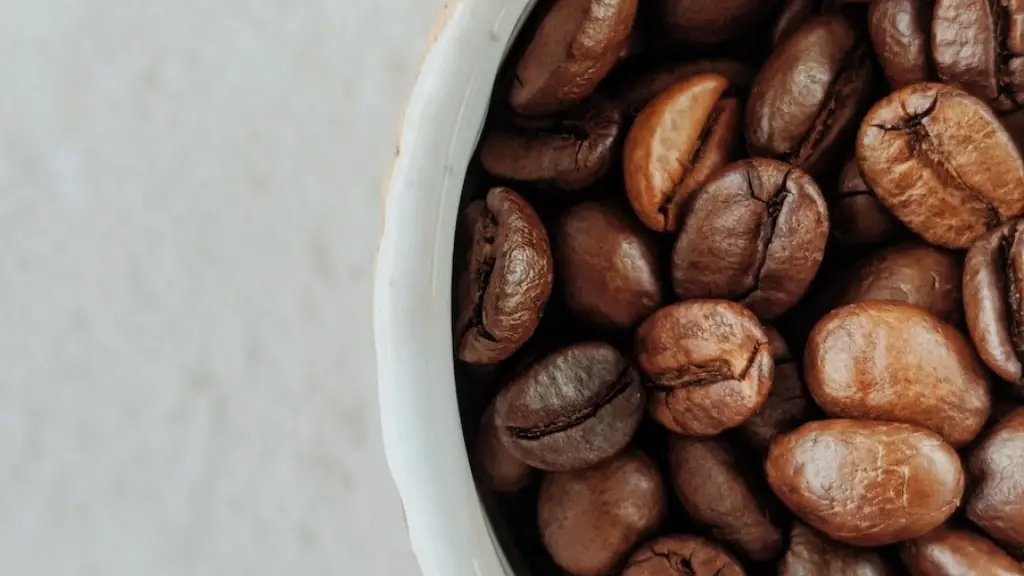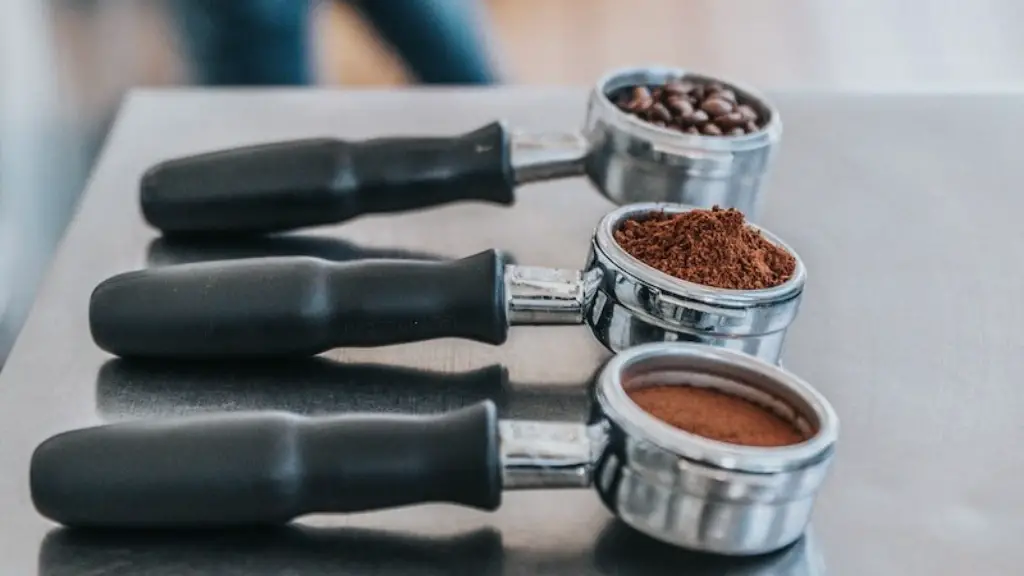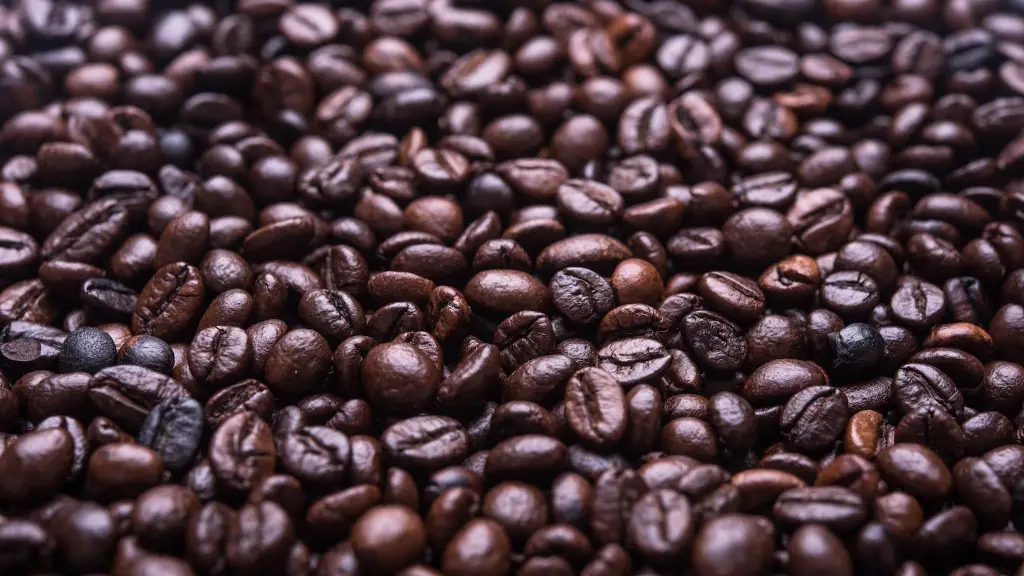Benefits of Drinking Water or Coffee While Fasting
Contrary to popular belief, it is possible to drink coffee or water when fasting. Drinking coffee or water while fasting has numerous benefits that may improve overall health and stimulate weight loss. Hydration is essential to health and many studies suggest that drinking water during a fast can promote weight loss and appetite suppression. Furthermore, drinking coffee during a fast may help improve mental clarity post-fasting and aid in restoring energy.
Although it is possible to improve overall health and possibly stimulate fat loss by drinking water or coffee while fasting,it is important to be aware of the potential drawbacks of this practice. Experts recommend drinking coffee moderately while fasting as it may contain high levels of caffeine and lead to dehydration. Additionally, caffeine can cause spikes in blood pressure levels and induce anxiety, restlessness and nausea in some cases. It is recommended to limit coffee intake to 2-3 cups a day for those fasting.
Advantages of Fasting and Hydration
Fasting has numerous benefits and provides the body with an opportunity to rest and recharge. Intermittent fasting has become increasingly popular as a form of dieting and health optimization for those looking for a longer, healthier life.The practice of intermittent fasting has been shown to improve insulin sensitivity,energy levels and mental clarity,while preserving muscle mass and decreasing risk of weight gain.Additionally, fasting also helps to reduce inflammation, detoxify the body and lower cholesterol levels.
Adequate hydration is essential for health, and even more important while fasting. Not only is it necessary to replenish fluids lost through sweating during exercise or other strenuous activities, buthydrating while fasting helps to keep hunger cravings at bay and maintain energized while fasting. Drinking water or coffee during a fast can also lead to better digestive function and increased mental clarity. Additionally, fluid intake helps to flush out toxins, reduce headaches and minimize dehydration due to longer periods of fasting.
Types of Fasts
There are multiple types of fasts that can be practiced.These include water fast, dry fast, juice fast, intermittent fasting, alternate-day fasting and alternate-hour fasting. Each of these types of fasts have different duration times and purposes; however, regardless of which type of fast is chosen, experts recommend drinking fluids to maximize the potential benefits of fasting.
Water fasts are the most extreme type of fast and involve abstaining from all food and fluids for a certain period of time. This type of fast is usually practiced for 1-2 days in order to improve the functioning of the digestive system or for spiritual benefits. Dry fasting is another type of fast, in which one abstains from all food and fluids for a certain period of time, usually up to 24 hours. This type of fasting is said to improve the body’s immune system.
Juice fasting is a type of fast that involves abstaining from solid food and providing the body with nutrients and energy from raw fruits and vegetables. Although fasts in which fluids are allowed often accompany juice fasting. Intermittent fasting is one of the most popular fasting methods; this involves abstaining from all food and drinks for a period of time and is usually followed by a “feasting” period.
Healthy Fasting Habits
It is important to be mindful of the potential benefits and drawbacks of drinking water and coffee while fasting. To ensure a safe and healthy fasting experience, experts suggest listening to your body and adopting healthy habits when fasting. Additionally, listen to your doctor’s advice and follow a balanced diet to maintain optimal health.
To ensure healthy fasting habits, experts recommend not to extend your fasts for longer than 24 hours. Additionally, it is important to consume enough water and nutrient-dense meals when the fast is broken, this will ensure adequate energy and prevent nausea and dizziness. Furthermore, it is recommended to use a balanced approach when utilizing fasting methods and listen to your body in order to maximize the potential health benefits.
Can Coffee or Tea be Consumed During a Fast?
Many people wonder whether coffee or tea can be consumed while fasting. Certain types of tea, such as herbal teas, can be consumed while fasting. Herbal teas contain antioxidants and other beneficial properties. Additionally, they can provide hydration, nutrients and energy during a fast.
Green tea, black tea and oolong tea are other types of tea that can be consumed during a fast, however, be mindful of the potential drawbacks of caffeine consumption when fasting. Caffeine can be dehydrating, stress-inducing, and can lead to anxiety and excessive hunger. It is recommended to limit caffeine intake while fasting and to consume it moderately. Additionally, sweeteners and other additives should be avoided when drinking coffee and tea when fasting.
Alternatives to Water or Coffee While Fasting
Although drinking coffee and water are two of the most common beverages consumed while fasting, there are other alternatives that may provide additional benefits. Bone broth is a popular choice for those fasting as it can provide additional electrolytes and nutrition. It can also help to reduce appetite and stimulate fat-burning. Additionally, electrolyte-rich beverages and herbal teas can provide additional energy and hydration during a fast.
Kombucha, a slightly carbonated fermented tea, can also be consumed while fasting as it is naturally energizing, detoxifying and provides essential vitamins and minerals. Coconut water is another alternative that can help with hydration and provide the body with electrolytes and essential minerals. Finally, unsweetened almond milk or oat milk are other alternatives that may provide additional nutrients and help to replace electrolytes while fasting.
Side Effects of Fasting
Although fasting has potential benefits, some fasting may be accompanied by unpleasant side-effects such as headaches, nausea and dizziness. Additionally, prolonged fasting may lead to nutritional deficiencies and other chronic health issues due to lack of essential vitamins and minerals. Therefore, it is important to be mindful of the potential side-effects and practice healthy fasting habits in order to maximize the potential health benefits.
It is also important to be aware of the potential risks and health implications of fasting before attempting it. Consult a doctor and nutritionist to ensure fasting is safe and suitable for you. Additionally, ensure to break the fast with healthy, nutrient-dense meals and consider supplementing vitamins and minerals if necessary.
Conclusion
In conclusion, drinking water or coffee while fasting can help to maximize the potential benefits of fasting and reduce the potential risks. It is important to be mindful of the potential risks associated with fasting, such as dehydration, and use a balanced approach to ensure healthy habits. Additionally, listen to your body and consider alternatives such as herbal teas, coconut water, and bone broth to ensure your body is adequately hydrated, nourished and energized while fasting.




